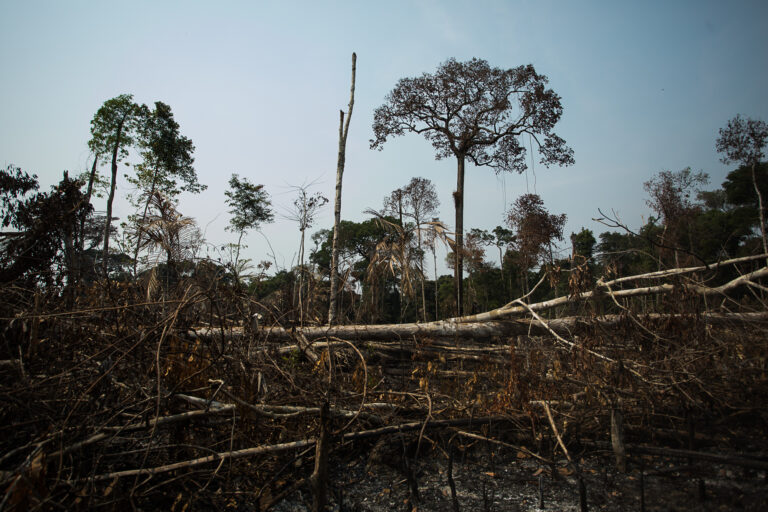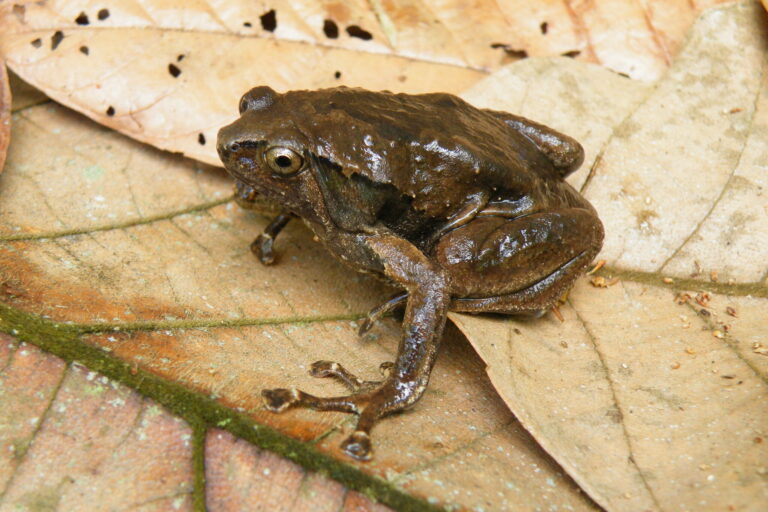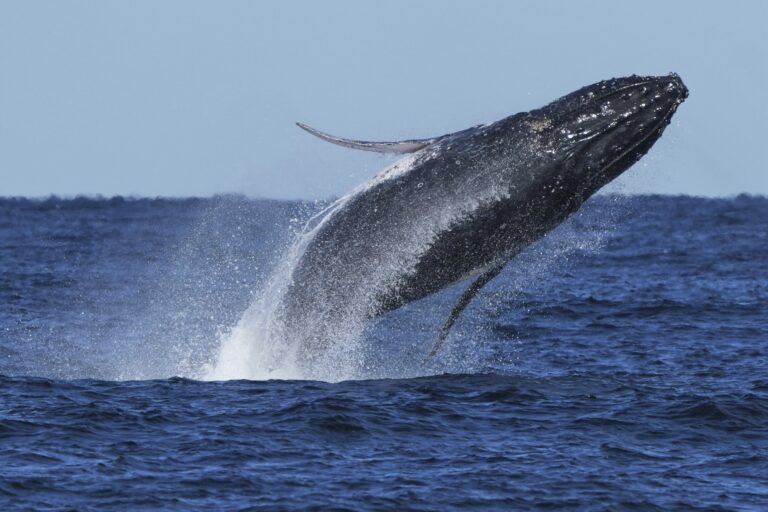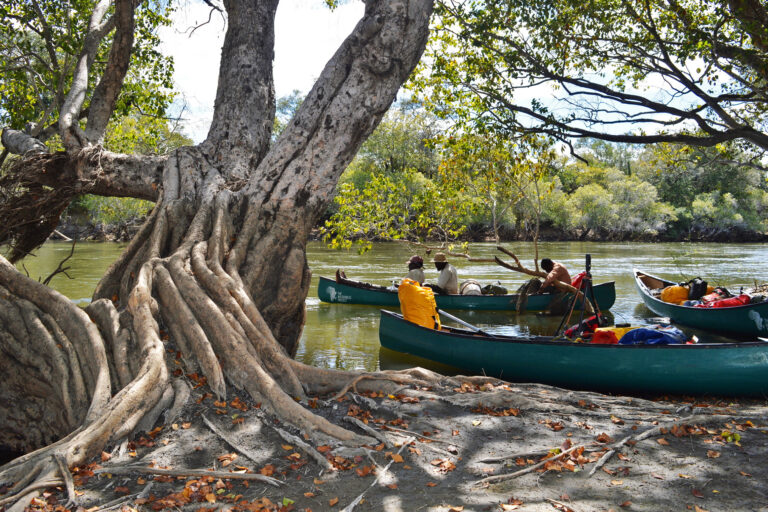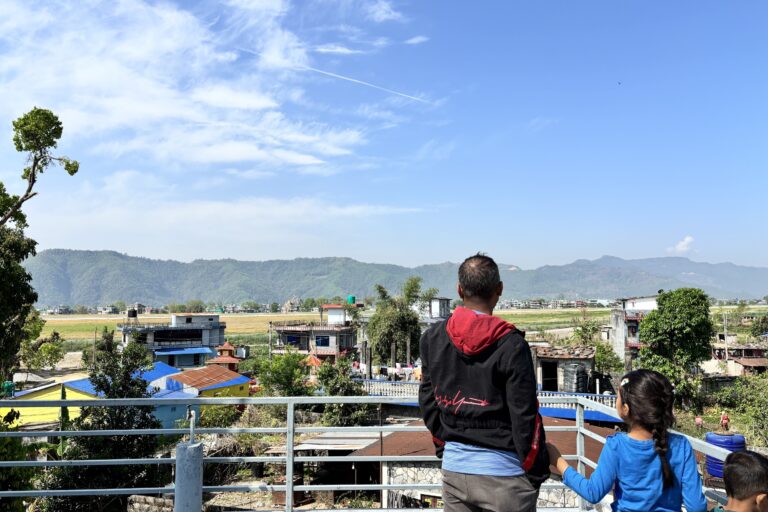Scientific expertise lacking among ‘doubters’ of climate change, according to analysis by Stanford researchers
An analysis of the scientific prominence and expertise of climate researchers shows that the few who are unconvinced of human-caused climate change rank far below researchers who are convinced. Most news media accounts fail to include that context when reporting claims from the doubters.
The small number of scientists who are unconvinced that human beings have contributed significantly to climate change have far less expertise and prominence in climate research compared with scientists who are convinced, according to a study led by Stanford researchers.
In a quantitative assessment – the first of its kind to address this issue – the team analyzed the number of research papers published by more than 900 climate researchers and the number of times their work was cited by other scientists.
“These are standard academic metrics used when universities are making hiring or tenure decisions,” said William Anderegg, lead author of a paper published in the online Early Edition of Proceedings of the National Academy of Sciences this week.

|
Expertise was evaluated by the number of papers on climate research written by each individual, with a minimum of 20 required to be included in the analysis. Climate researchers who are convinced of human-caused climate change had on average about twice as many publications as the unconvinced, said Anderegg, a doctoral candidate in biology.
Prominence was assessed by taking the four most frequently cited papers published in any field by each scientist – not just climate science publications – and tallying the number of times those papers were cited by other researchers. Papers by climate researchers convinced of human effects were cited approximately 64 percent more often than papers by the unconvinced.
The scientists whose work was analyzed included all the researchers involved in producing the 2007 report of the Intergovernmental Panel on Climate Change working group that assessed the evidence for and against human involvement in climate change, as well as any climate researchers who signed a major public statement disagreeing with the findings of the panel’s report.
The top 100
The Stanford team also determined the top 100 climate researchers, based on the total number of climate related publications each had, which produced an even more telling result, Anderegg said.
“When you look at the leading scientists who have made any sort of statement about anthropogenic (human-caused) climate change, you find 97 percent of those top 100 surveyed scientists explicitly agreeing with or endorsing the IPCC’s assessment,” he said. That result has been borne out by several other published studies that used different methodology, as well as some that are due out later this summer, he said.

Temperature record over the past 1100 years. Image courtesy of the National Academy of Sciences |
“We really wanted to bring the expertise dimension into this whole discussion,” Anderegg said. “We hope to put to rest the notion that keeps being repeated in the media and by some members of the public that ‘the scientists disagree’ about whether human activity is contributing to climate change.”
“I never object to quoting opinions that are ‘way out.’ I think there is nothing wrong with that,” said Stephen Schneider, professor of biology and a coauthor of the paper in Proceedings of the National Academy of Sciences. “But if the media doesn’t report that something is a ‘way out’ opinion relative to the mainstream, then how is the average person going to know the relative credibility of what is being said?”
“It is sad that we even have to do this,” said Schneider. “[Too much of] the media world has just folded up and fired its reporters with expertise in science.”
The Stanford team is prepared for the doubters of anthropogenic climate change to object to their data.
“I think the most typical criticism of a paper like this – not necessarily in academic discourse, but in the broader context – is going to be that we haven’t addressed if these sorts of differences could be due to some sort of clique or, at the extreme, a conspiracy of the researchers who are convinced of climate change,” Anderegg said.
“When you stop to consider whether some sort of ‘group think’ really drives these patterns and could it really exist in science in general, the idea is really pretty laughable,” he said. “All of the incentives in science are exactly the opposite.
“If you were a young researcher and had the data to overturn any of the mainstream paradigms, or what the IPCC has done, you would become absolutely famous,” he said. “Everyone wants to be the next Darwin, everyone wants to be the next Einstein.”
Schneider said that the team took pains to avoid any sort of prejudice or skewed data in their analysis. In selecting which of the researchers who signed petitions or statements disagreeing with the findings of the IPCC to include in the study, they omitted those who had no published papers in the climate literature.
“We only picked those who had at least some credentials in climate. So we went way beyond neutral, in their direction, bending over backward,” Schneider said. “The doubters of anthropogenic climate change will claim foul anyway.
“They can say that climate researchers convinced of anthropogenic climate change are just trying to deny publication of the doubters’ opinion, but let them go out and do a study to prove it,” he said. “It is of course not true.”






